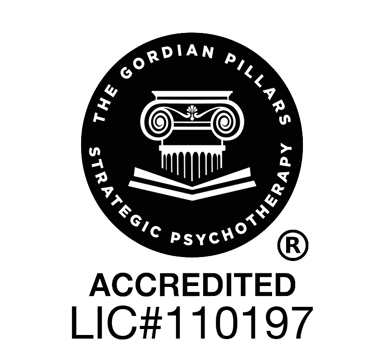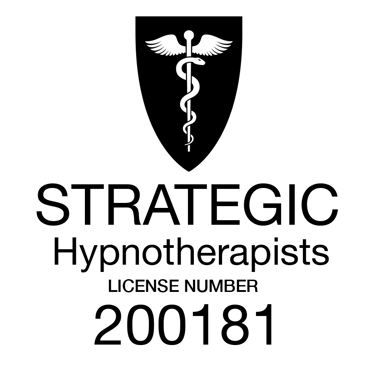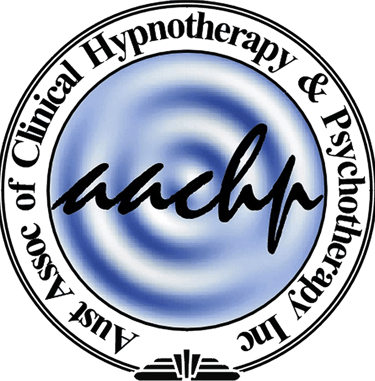Your Journey to Mental Wellbeing Starts Here
Unveiling the Layers of Complex PTSD: Understanding and Healing
"Unraveling the Layers of Complex PTSD: Understanding its Complexity, Symptoms, and Treatment"
MENTAL HEALTHPTSDTRAUMA
Theresa Potter
3/8/20243 min read


Post-traumatic Stress Disorder (PTSD) is a term familiar to many, often associated with the aftermath of traumatic experiences. However, there exists a more nuanced and intricate form of this condition known as Complex PTSD (c-PTSD). This variant extends beyond the conventional boundaries of PTSD, manifesting as a result of prolonged, repetitive trauma. In this blog, we'll delve into the complexities of c-PTSD, exploring its distinguishing features, symptoms, potential causes, and avenues for treatment.
Defining Complex PTSD
Complex PTSD, as introduced by psychiatrist Judith Herman in the 1980s, emerges from sustained and recurrent trauma, especially when experienced over an extended period. Notably, the American Psychiatric Association's DSM-5 does not officially recognize c-PTSD as a distinct diagnosis, yet the World Health Organization acknowledges its significance in the ICD-11.
Distinguishing Features
While both PTSD and c-PTSD arise from trauma, their development is often distinguished by the nature of the traumatic events. While PTSD can stem from a single, isolated incident, c-PTSD typically evolves from prolonged trauma. Individuals with c-PTSD not only experience severe PTSD symptoms but also struggle with emotional regulation, negative self-perception, and difficulties in maintaining healthy relationships.
Symptoms of Complex PTSD
C-PTSD shares common symptoms with PTSD, such as reexperiencing traumatic events, hyperarousal, and avoidance. However, the ICD-11 introduces additional criteria to differentiate between the two. These include a negative self-view, difficulty controlling emotions, and challenges in forming and maintaining relationships.
Complex PTSD and Borderline Personality Disorder
The boundaries between c-PTSD, PTSD, and borderline personality disorder (BPD) are often blurry, as they exhibit similar symptoms. Distinguishing between these diagnoses remains a challenge for mental health professionals, and ongoing research aims to refine the criteria for accurate identification.
Causes of C-PTSD
Prolonged, intense, or recurrent traumas contribute to the development of c-PTSD. Examples include childhood abuse, domestic violence, war experiences, captivity, and coerced involvement in sex work. The likelihood of c-PTSD increases when trauma begins at a young age, involves a trusted perpetrator, occurs over an extended period, proves challenging to escape, or involves multiple traumatic events.


Treatment Approaches
Although specific treatments tailored for c-PTSD are still evolving, clinicians often adopt strategies similar to those used for PTSD. Psychotherapy, including cognitive-behavioural therapy (CBT) and dialectical behaviour therapy (DBT), proves effective in helping individuals regulate emotions and replace negative thoughts. Hypnotherapy is another therapeutic option, particularly useful in reprocessing vivid traumatic memories. Physical activities like yoga, dance, or tai chi are crucial in healing, given the mind-body connection disruption often observed in c-PTSD. Medication, such as antidepressants, may also complement psychotherapy for symptom management.
Conclusion
Complex PTSD, though not yet universally recognized, represents a crucial facet of trauma-related mental health disorders. Understanding its distinct features, symptoms, and potential causes is essential for accurate diagnosis and effective treatment. If you or someone you know is grappling with the aftermath of trauma, seeking help from a licensed trauma-informed provider can be a vital step towards healing and reclaiming a sense of well-being. Contact us at Serene Solutions for an appointment if you would like to talk to someone in a safe and secure environment.


Get in touch
Take the first step towards a brighter, more balanced life. Explore the transformative potential of hypnotherapy and psychotherapy with Serene Solutions, and embark on a journey of healing, growth, and self-discovery.










